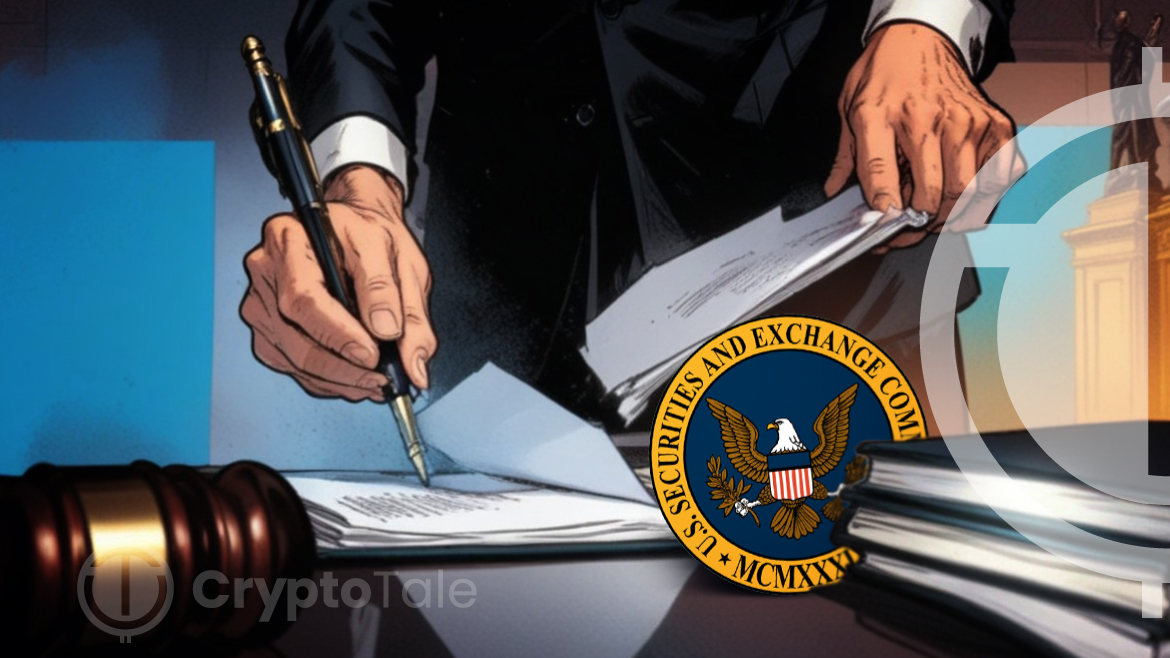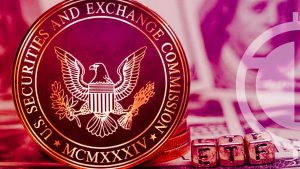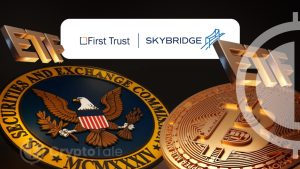
Wiley Nickel has expressed concerns regarding SAB121 regulating cryptocurrencies in the U.S. He argues that the SEC has politicized the matter, turning it into a ” political football.”
Nickel rebukes the SEC’s aggressive regulatory moves against the cryptocurrency sector, claiming that they cause uncertainty and anxiety, potentially inhibiting innovation and driving enterprises to more crypto-friendly nations. He proposes that a balanced regulatory strategy might help President Joe Biden achieve his economic and technical goals, such as retaining the United States’ leadership in financial innovation and technology. Nickel stated,
I’m hopeful that this bipartisan, bicameral resolution will send a message: it’s time to adjust the SEC’s misguided approach to digital assets.
SAB 121 was released on March 31, 2022, by the SEC’s Office of the Chief Accountant. It provides “interpretive guidance” for SEC reporting organizations that hold crypto-assets in custody on behalf of customers on how to represent such risk on their balance sheets. This is a dramatic change from decades of widely accepted off-balance-sheet accounting for custody assets.
Banking associations have urged the SEC to make specific changes to SAB 121 to meet the issues that it brings to US banking firms. The suggested amendments include exempting well-managed institutions from on-balance-sheet treatment and refining the term of “crypto-assets” to explain the exclusion of specific asset categories and use cases.
On May 8, the US House of Representatives approved a measure (H.J. Res 109) that would repeal SEC Staff Accounting Bulletin SAB 121, which gives guidelines on cryptocurrency regulation. US President Joe Biden issued a statement opposing H.J. Res. 109, citing concerns that it will disrupt the SEC’s work to protect investors in the crypto asset market.
This action illustrates the disagreement between politicians and regulatory bodies over the appropriate way to govern the cryptocurrency market. If implemented, it might indicate a trend toward legislative control and industry-friendly laws, emphasizing the conflict between consumer protection, innovation, and economic progress in the bitcoin sector.














